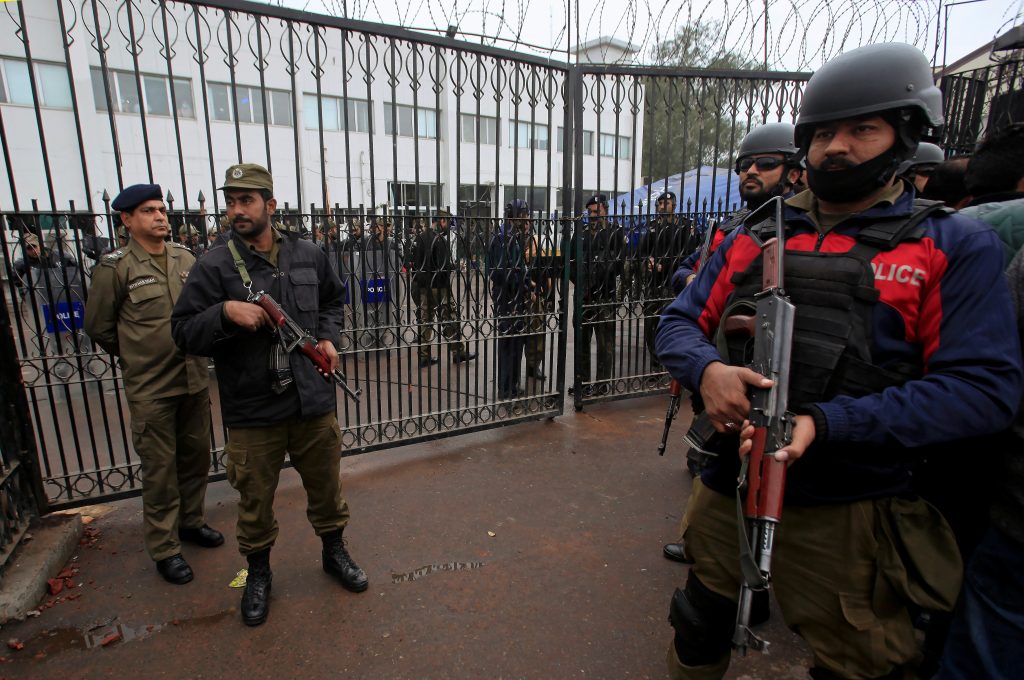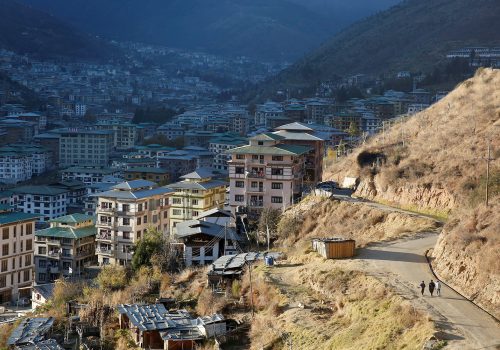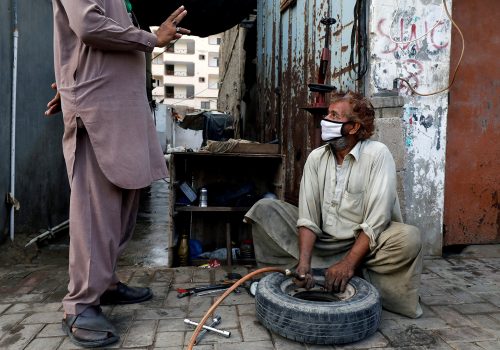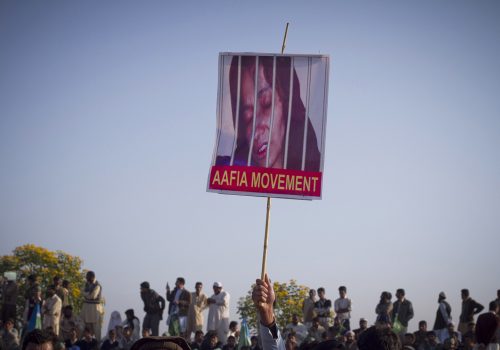As the global community continues to grapple with the coronavirus (COVID-19), the Atlantic Council is open for business. Our business, meetings, and events, however, are occurring virtually. For more information, please read an update from our President and CEO.

Pakistan’s new national security priorities reflect new strategic considerations both domestically and internationally. 2020 will be a pivotal year for Afghanistan-Pakistan relations as the United States seeks to withdraw its troops from Afghanistan. Meanwhile, Indo-Pak tensions have remained high since the cross-border skirmishes of March 2019. With China extending its Belt and Road Initiative (BRI) vertically through the country, increased US-China and Sino-Indian tensions are more relevant to Pakistan than before. How does Pakistan intend to navigate the new geopolitics of South Asia, while fostering democratic stability and economic prosperity at home?
As Pakistan grapples with changing national security challenges, how have its security objectives evolved to bolster stability within its own borders as well as in the region?
The Atlantic Council’s South Asia Center invites you to join us on Monday, August 10 at 11 a.m. EDT / 8 p.m. PKT to discuss Pakistan’s shifting national security objectives and how the country plans to navigate upcoming regional challenges. Dr. Sahar Khan will moderate a Q&A with Dr. Moeed Yusuf, Assistant to the Prime Minister of Pakistan on National Security Division and Strategic Policy Planning.

Keynote speaker
Dr. Moeed Yusuf
Assistant to the Prime Minister of Pakistan
National Security Division and Strategic Policy Planning
Featuring
Damon Wilson
Executive Vice President
Atlantic Council
Dr. Sahar Khan (moderating)
Adjunct Scholar
CATO Institute
Please note that this is a virtual event. Instructions for Zoom access will be emailed upon registration.

The South Asia Center is the hub for the Atlantic Council’s analysis of the political, social, geographical, and cultural diversity of the region. At the intersection of South Asia and its geopolitics, SAC cultivates dialogue to shape policy and forge ties between the region and the global community.


